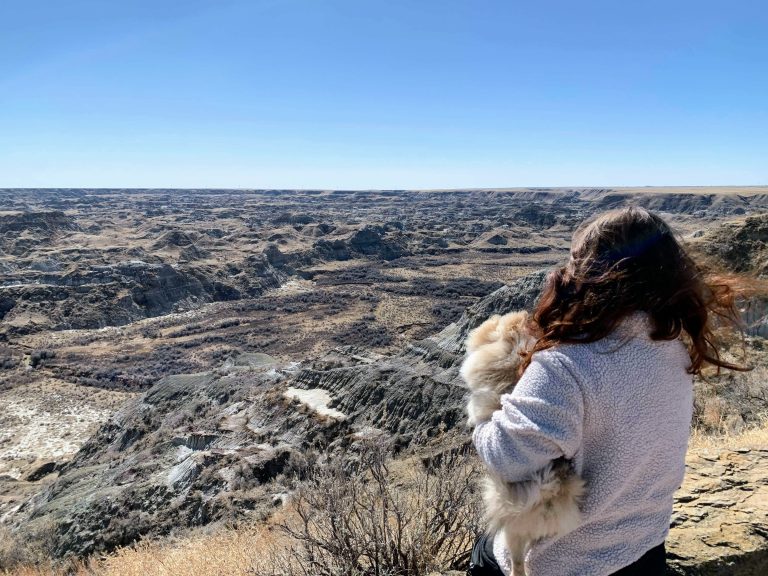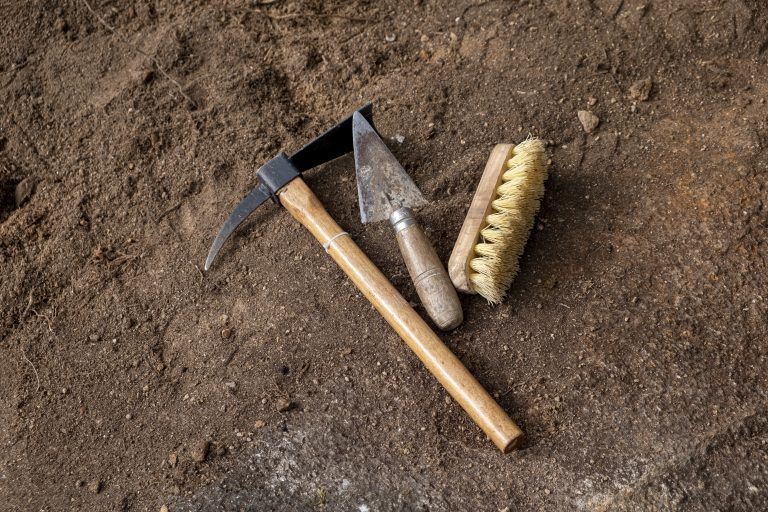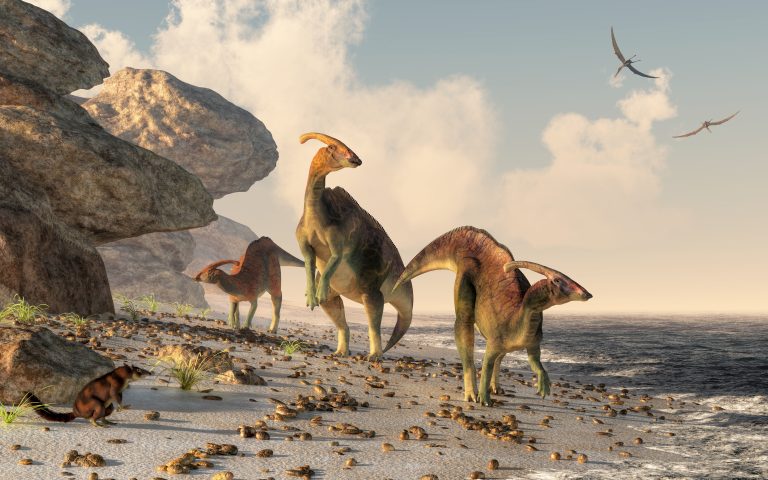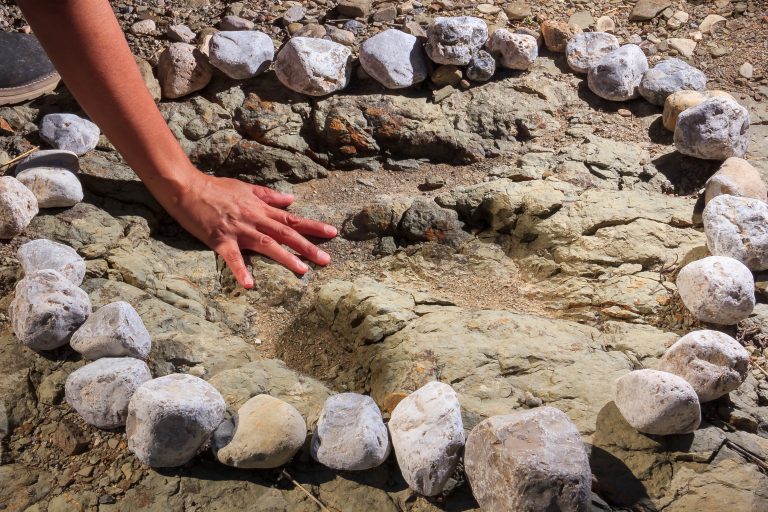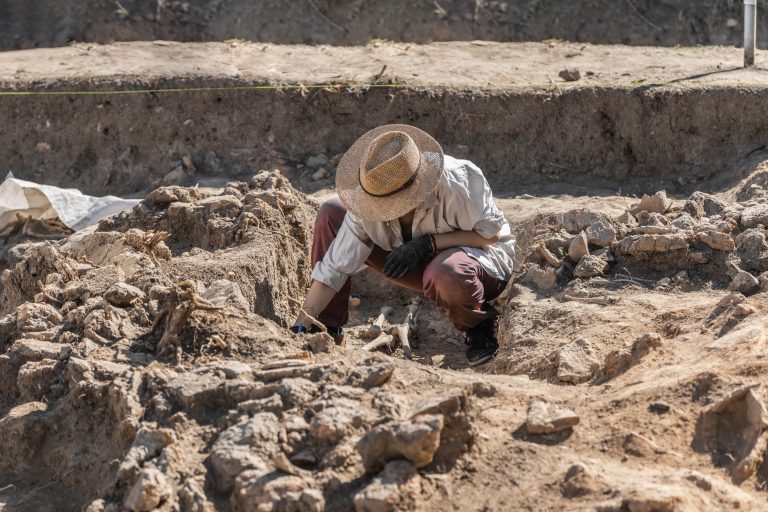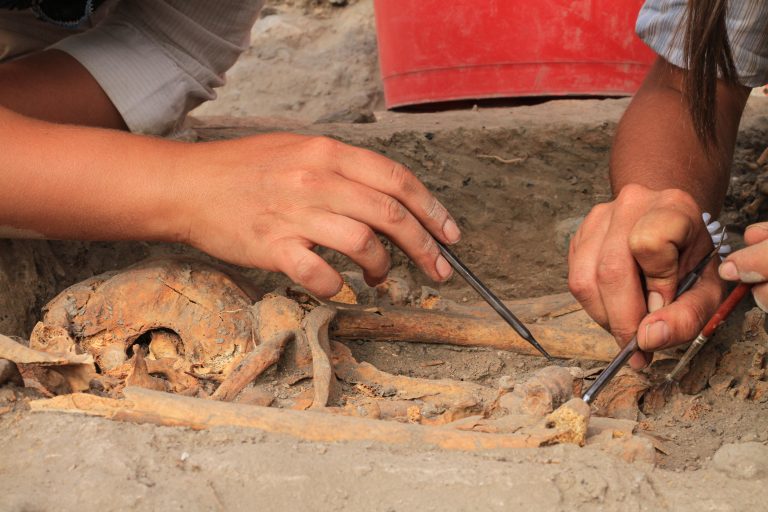10 Surprising Downsides of Paleontology Explored
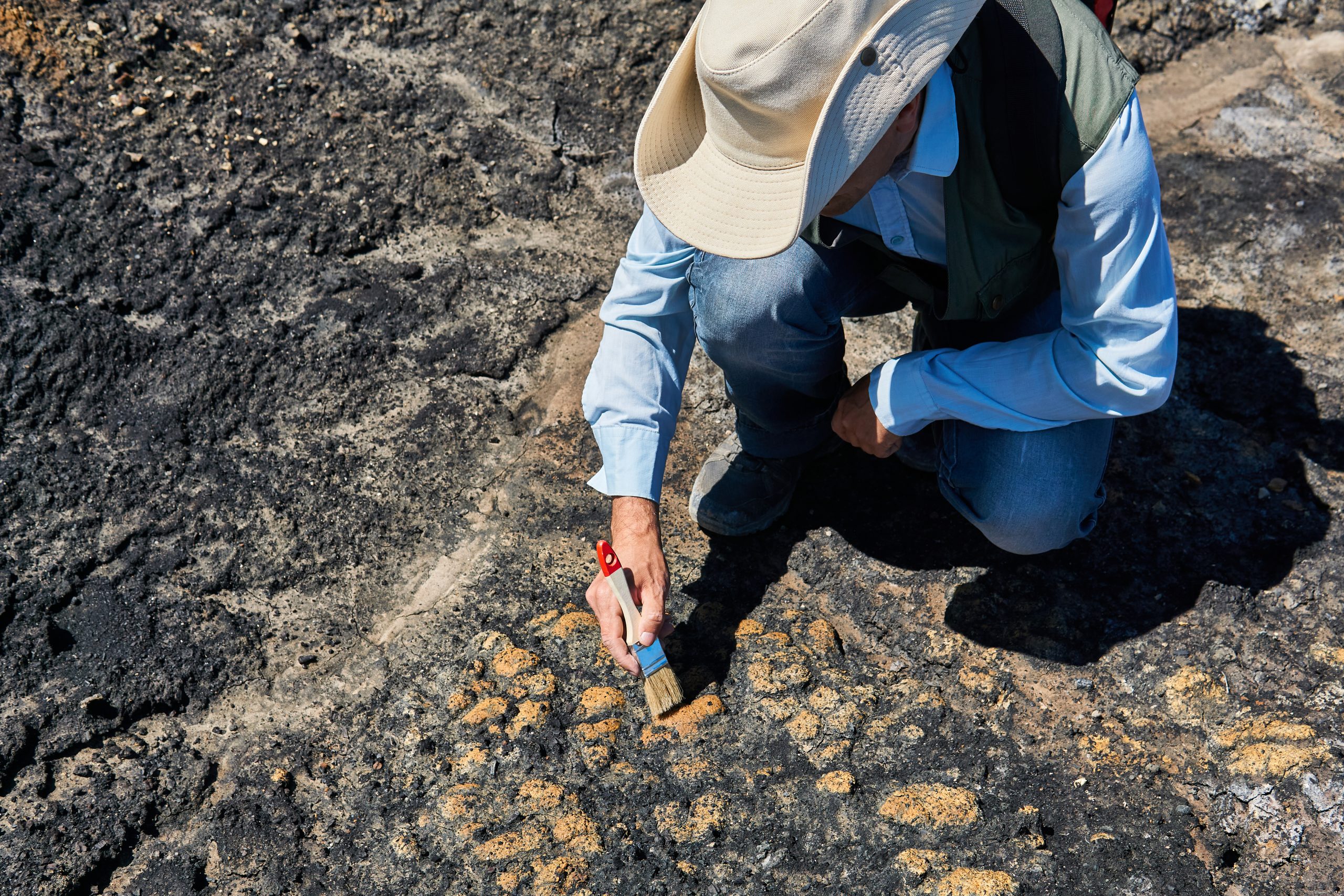
Embarking on a journey through time, paleontology offers a window into our planet’s ancient history. But beneath the surface of spectacular fossil finds and prehistoric puzzles lie some lesser-known challenges that even the most enthusiastic fossil hunters face.
1. Unearthing the Truth
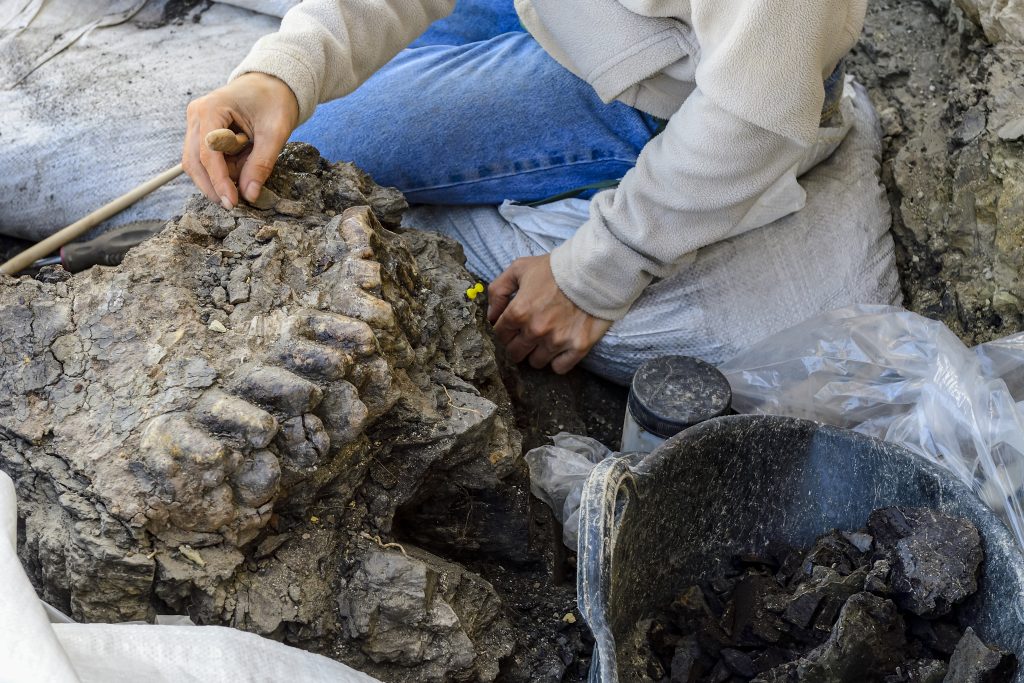
Digging through layers of sedimentary rock, paleontologists are like detectives piecing together a prehistoric crime scene. But the truth is, the evidence is often incomplete or fragmented. Imagine the frustration of finding a puzzle with most of its pieces missing (it’s enough to make you want to start gluing rocks together).
Sometimes, what’s unearthed raises more questions than it answers, leading to heated scholarly debates that can last decades. And let’s not forget the painstaking process of cleaning and analyzing these relics; it’s a labor of love that requires the patience of a saint and the steady hand of a surgeon.
2. The Fossil Funding Fiasco
Ah, the age-old dance of securing funding—it’s as delicate as extracting a fossil from its stony grave. Research grants are the lifeblood of paleontology, yet they’re as rare as a perfectly preserved dinosaur feather.
Hey hey! Don’t forget to subscribe to get our best content 🙂
Every year, countless projects compete for a slice of the pie, but not everyone gets a taste. And for those who do, the funds might cover just a fraction of the costs, leaving researchers to dig into their own pockets (or take on loads of extra work just to pay for their actual work).
3. Perils of Fieldwork
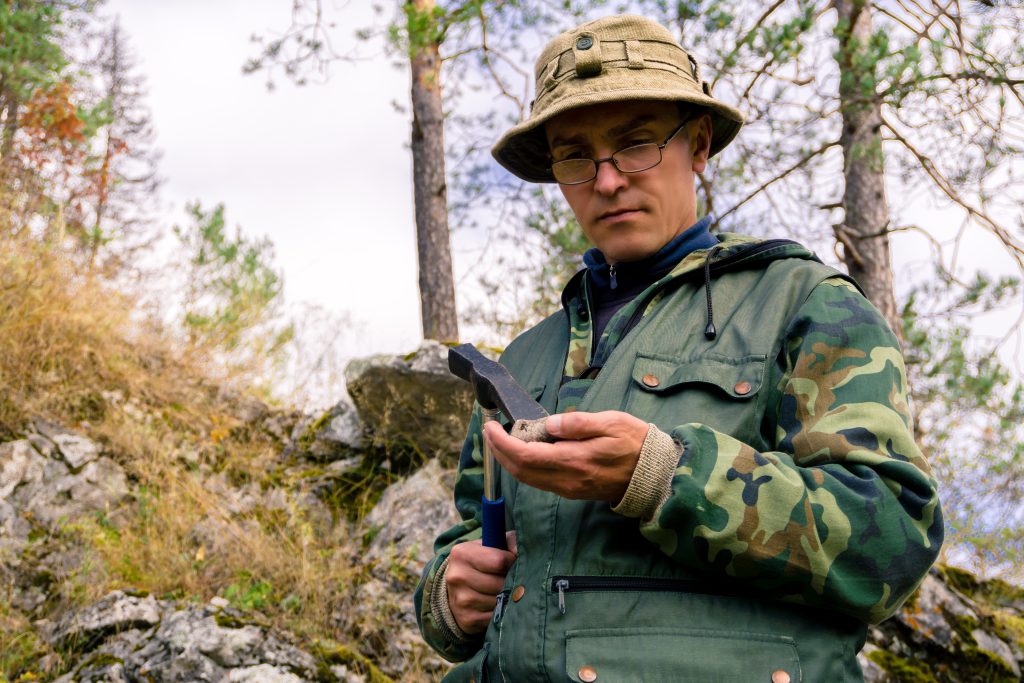
Fieldwork is not all about gallivanting in exotic locations with a cool hat and a brush. It’s often a grueling test of endurance, battling scorching heat, cold, and the occasional overly curious wildlife (ever tried to explain to a camel that you’re not a threat?).
The terrain can be treacherous, and accidents, though rare, do happen. Plus, there’s the constant risk of damaging the very fossils you’re trying to save; one wrong move and you might turn a priceless specimen into a pile of dust.
4. The Replication Dilemma
Reproducing results is a cornerstone of science, but in paleontology, it’s a bit of a headache. Think about it: if you discover a one-of-a-kind fossil, there’s no way to run that experiment again. This makes peer validation tough and sometimes leads to skepticism about new findings.
And when fossils are housed in far-flung museums or private collections, access can be a nightmare, leaving many researchers gnashing their teeth in frustration.
5. Preservation or Decay?
The moment a fossil is exposed to the elements, the clock starts ticking. Preservation is a race against time and decay, and not every fossil crosses the finish line. Conditions have to be just right, or the specimen might crumble to nothing.
Even after a fossil is safely extracted, the battle isn’t over. Storing these ancient treasures requires specific conditions to prevent degradation, and let’s be real, not every institution has the resources for a state-of-the-art preservation vault.
6. Academic Pressure Points
The publish-or-perish culture in academia can be stifling. Paleontologists are under constant pressure to churn out research papers, and sometimes quantity can overshadow quality.
The hunt for the next big discovery can become a race, with researchers sometimes cutting corners to be the first to publish. It’s a stressful existence that can sap the joy out of the pursuit of knowledge, turning passion into pressure.
7. Public Misconceptions
Everyone loves dinosaurs, right? But there’s a T. rex-sized gap between public perception and the nitty-gritty of paleontology. The field isn’t all about the dramatic unearthing of colossal skeletons; it’s mostly about small fragments and teeth.
And no, we can’t clone dinosaurs (despite what movies suggest), so let’s put that dream to bed. It’s an ongoing battle to educate and manage expectations while still keeping the public engaged and excited.
8. The Isolation of Research
Paleontology can be a lonely field, sometimes literally. Researchers often spend long periods in remote locations, cut off from the rest of the world. And when you’re back in civilization, you might still feel isolated, buried under research papers and surrounded by specimens rather than people.
It’s a solitary path that requires a certain resilience and a deep love for the subject to keep the flame of curiosity burning bright.
9. Ethical Excavation Issues
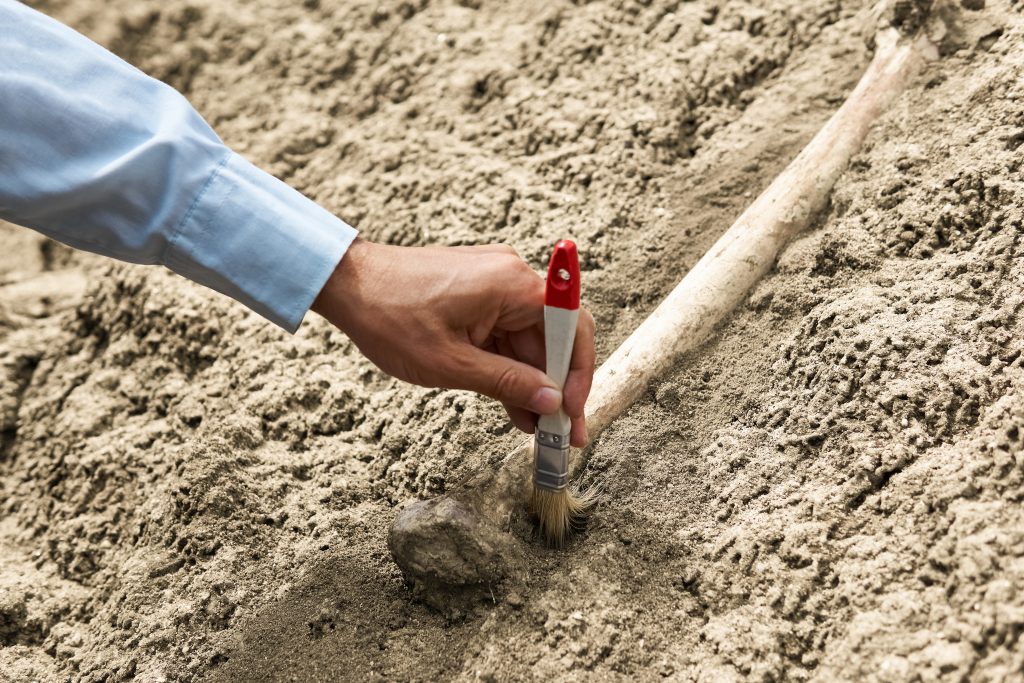
The ethics of fossil excavation are as layered as the strata we dig through. There’s a fine line between preservation and pillage, and not everyone walks it carefully. Some fossil-rich countries lack the regulations to protect their natural heritage, leading to black markets and loss of scientific data.
Plus, there’s the delicate matter of respecting local communities and customs, which is paramount but sometimes overlooked in the rush to uncover the past.
10. Career Uncertainty
For aspiring paleontologists, the path is rocky and the future uncertain. Permanent positions are as rare as a full dinosaur skeleton, and many find themselves hopping from one temporary contract to another.
It’s a competitive field, and job security is a mythical creature we’re all still hoping to discover. You need a thick skin and a resilient spirit to navigate this career, along with a backup plan (or two).
Despite the challenges, the allure of uncovering Earth’s ancient secrets keeps the spirit of paleontology alive. For those with the grit and passion to endure, the rewards—unveiling the mysteries of our planet’s past—are truly extraordinary.

